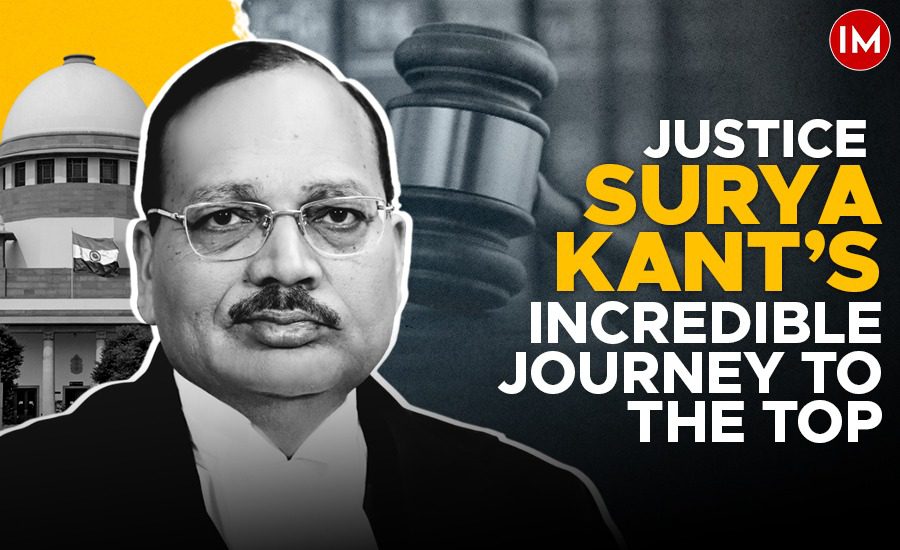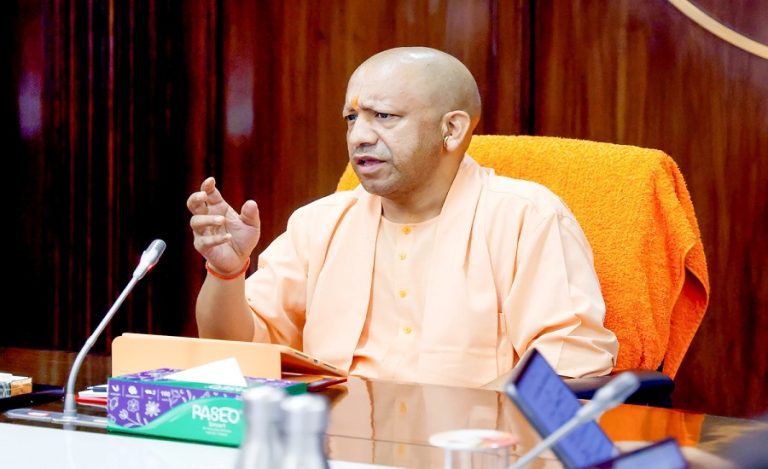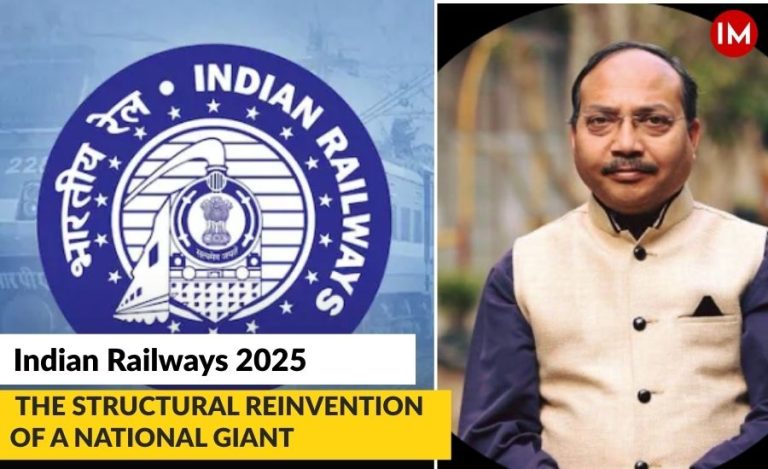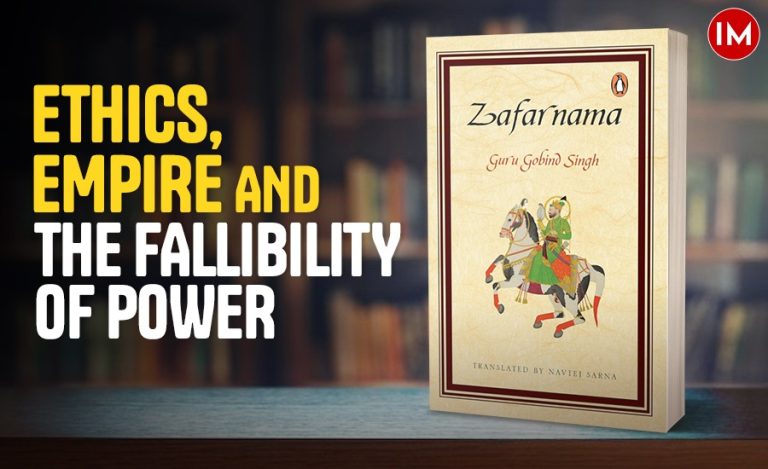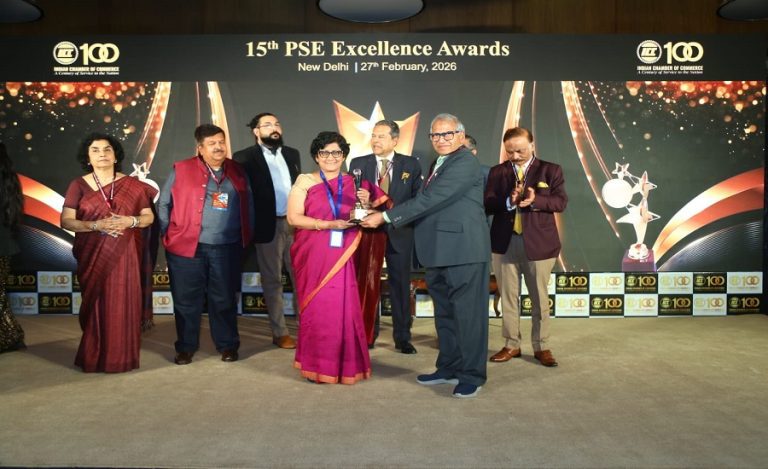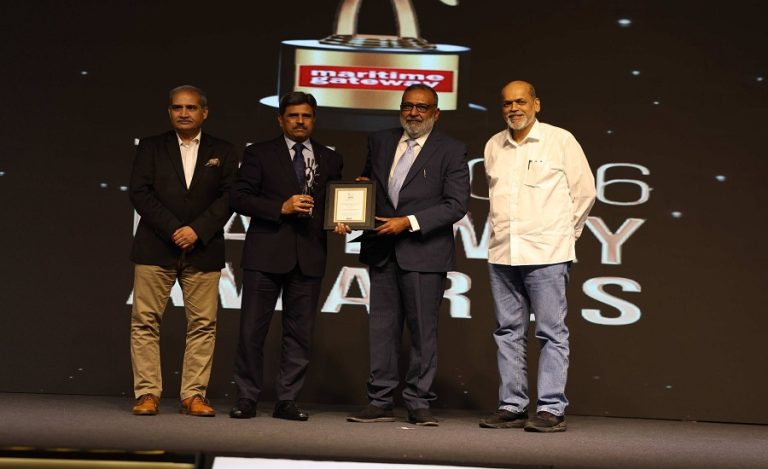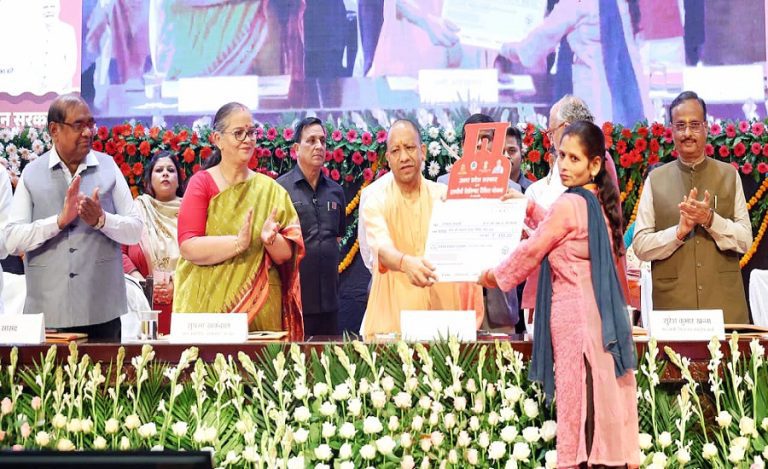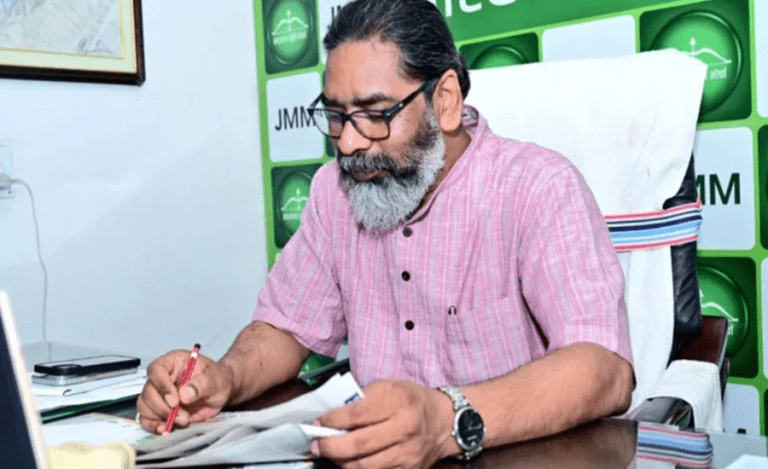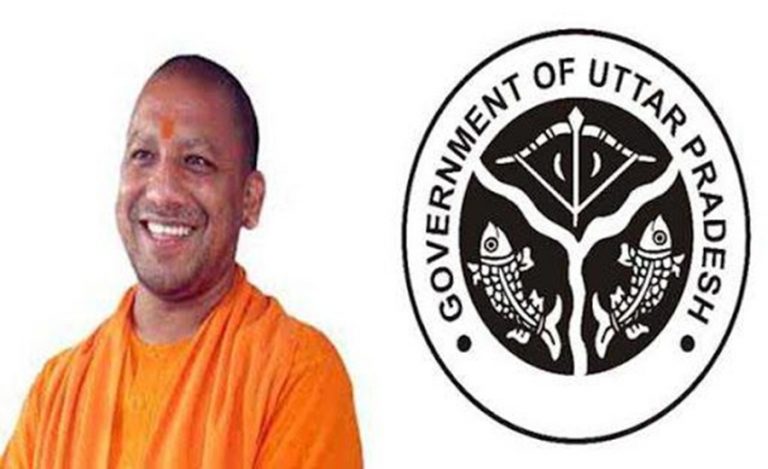In the quiet village of Petwar in Haryana’s Hisar district, a young boy named Surya Kant once walked barefoot to a government school where his father, a Sanskrit teacher, taught generations of students. The dusty lanes of his village may have seemed far removed from the grandeur of the Supreme Court, but even then, there was a quiet spark in the child who loved books more than play. His father’s discipline and mother’s simplicity shaped him deeply, instilling a sense of fairness and humility that would later define his judicial temperament.
Surya Kant grew up as the youngest among five siblings in a close-knit family that valued education as a path to transformation. His brother Dr. Shiv Kant went on to run a hospital, another became a teacher, while others remained deeply connected to their roots in Haryana. The values of community, empathy, and justice were not abstract ideals, they were lived experiences.
THE MAKING OF A LEGAL MIND
After completing his early education in Hisar, he graduated from Government Post Graduate College, Hisar, in 1981, before pursuing law at Maharishi Dayanand University, Rohtak. By 1984, armed with an LL.B. degree and a hunger to serve through the law, he began his practice at the District Courts in Hisar.
It was not an easy beginning. The first few years were spent navigating files in small chambers, long hours in courtrooms, and countless evenings poring over legal texts. In 1985, he shifted his practice to the Punjab and Haryana High Court, where his calm yet incisive courtroom presence soon began to draw notice. His clients admired his clarity, colleagues respected his preparation, and judges valued his balanced arguments.
But Surya Kant was not one to rest on experience alone. Even after decades in the profession, he pursued academic excellence, earning an LL.M. degree from Kurukshetra University, where he stood First. His love for learning remained undiminished, a rare trait among those already established in their careers.
YOUNGEST ADVOCATE GENERAL OF HARYANA
By the late 1990s, Surya Kant had earned a solid reputation as an expert in constitutional and service law. His integrity and intellect led to his appointment as the Advocate General of Haryana on 7 July 2000, at just 38 years of age, making him the youngest person ever to hold the post.
For the legal fraternity, this was a signal moment. As Advocate General, he represented the state with a combination of fairness and conviction, often refusing to defend arbitrary administrative actions. In March 2001, he was designated Senior Advocate, a recognition of his exceptional contribution to the law.
THE BENCH BECKONS
On 9 January 2004, Surya Kant was elevated as a Judge of the Punjab and Haryana High Court. From the advocate’s podium to the judge’s bench, he brought the same calm clarity, but now with a deeper sense of duty to interpret and uphold the Constitution.
For over 14 years, he presided over thousands of cases, ranging from complex constitutional matters to human rights petitions and administrative disputes. Lawyers recall his punctuality, his insistence on clarity, and his unique ability to make even the most junior advocates feel heard. His courtroom was marked by discipline and quiet efficiency, never drama.
CHIEF JUSTICE OF HIMACHAL PRADESH HIGH COURT
In October 2018, Justice Surya Kant took charge as the Chief Justice of the Himachal Pradesh High Court. The hill state found in him a jurist who balanced empathy with accountability. He was known to encourage young judges, modernize administrative processes, and strengthen the accessibility of justice. During his brief but impactful tenure, the court introduced several reforms in digital case management and legal aid services, reflecting his belief that justice must reach the last person standing in line.
JOURNEY TO THE SUPREME COURT
On 24 May 2019, Justice Surya Kant was elevated to the Supreme Court of India. From the rural heartland of Haryana to the steps of the nation’s apex court, it was a journey that few could have imagined, but one entirely earned.
In the Supreme Court, Justice Kant became known for his balanced approach to constitutional interpretation and his insistence on administrative fairness. His judgments often reflected compassion for citizens wronged by systemic lapses, but also a deep respect for institutional boundaries.
He played key roles in matters related to the public trust doctrine, environmental protection, service law, and legislative accountability. His opinions were marked by clarity of reasoning, precision of language, and an understanding of the human impact of judicial decisions.
A MIND ANCHORED IN JUSTICE AND REFORM
Justice Kant’s work extends beyond the courtroom. As part of the National Legal Services Authority (NALSA) and the Indian Law Institute, he has been at the forefront of initiatives to ensure free legal aid, promote awareness, and strengthen judicial infrastructure. He has inaugurated legal clinics, encouraged law students to view law as a service rather than a profession, and has consistently supported the integration of technology in justice delivery.
At public events, his speeches often blend legal insight with personal reflection—reminding young aspirants that “justice begins with listening.” His humility stands out: even at the highest echelons of power, he continues to identify himself as “a student of the law.”
THE NEXT CHIEF JUSTICE OF INDIA
As Justice Surya Kant prepares to assume office as the Chief Justice of India, his story has come full circle. The boy from Petwar, who once dreamt of understanding the law, now stands at the pinnacle of India’s judicial system.
His journey is not merely a professional ascent; it is a story of learning, service, and faith in the idea of justice itself. From small-town classrooms to the grand halls of the Supreme Court, Justice Surya Kant’s life reminds India that greatness often begins in simplicity.

